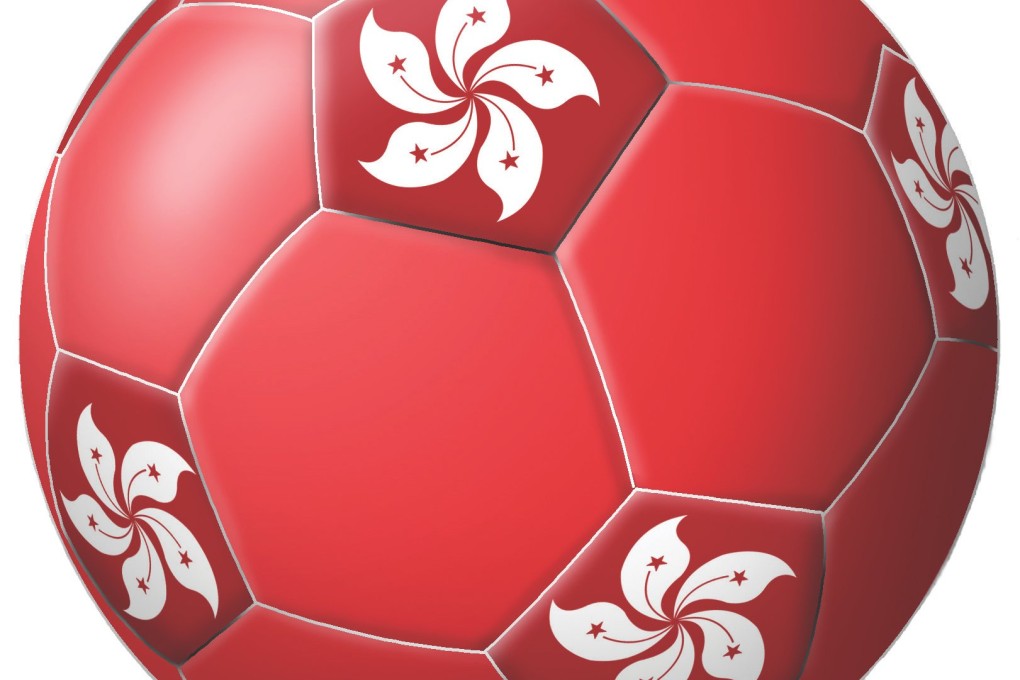Opinion | Price tag for success for Hong Kong soccer is HK$100m per year
That's how much Hong Kong Football Association chief Mark Sutcliffe says it will take every year if the local game is to make meaningful progress

It's been almost two years since the government-sponsored Project Phoenix was launched with much fanfare and heralded as a new dawn for Hong Kong soccer - the comprehensive 33-point plan expected to act as a catalyst to revitalise the game from grass roots to national level.
But the sobering 4-0 defeat at the hands of United Arab Emirates in the Asian Cup qualifiers a fortnight ago has once again raised questions whether this was a false dawn. The downfall of the national team which was supposed to be the yardstick to measure progress has been regarded as a sombre indictment of plans to raise the stock of the local game.
The failure of Kim Pan-gon's team - Hong Kong's chances of qualifying for the Asian Cup finals for the first time since 1968 look bleak with tough games away to UAE and Uzbekistan at home next month - has led to top Hong Kong Football Association official Mark Sutcliffe engaging in a massive bout of soul-searching in his blog this week.
And he has warned Hong Kong soccer has reached a make-or-break situation where, unless more funds and resources are forthcoming, it could face a miserable future. He has called for a fresh annual injection of HK$100 million, roughly three times what the sport now receives from the government.
"Our plans will not have the impact that they should and could have unless we get more money into the sport," HKFA chief executive Sutcliffe said. "We have reached a tipping point. It is time for our partners and stakeholders to take stock of the situation and to decide how important football is to individuals, to communities and to Hong Kong society as a whole.
They need to give it the help it so desperately needs
"They need to give it the help it so desperately needs. If we do not get better facilities and a level of resources comparable to other sports we will not be able to develop a high-performance culture, or fulfil our other plans, and we will simply fall further and further behind other countries."